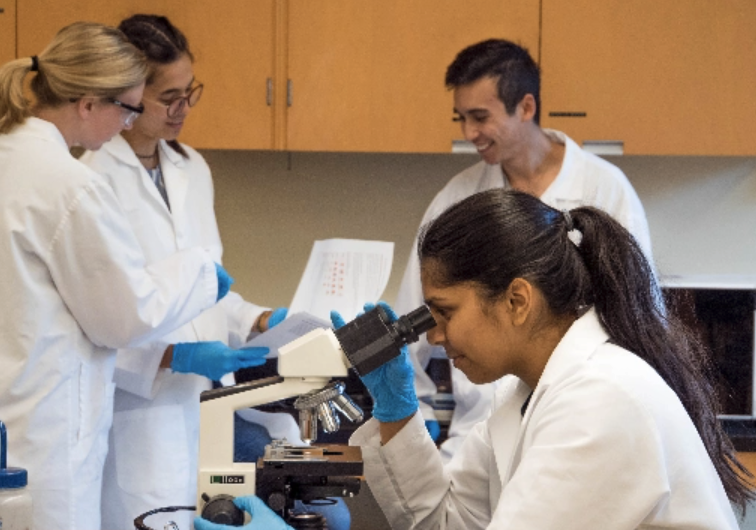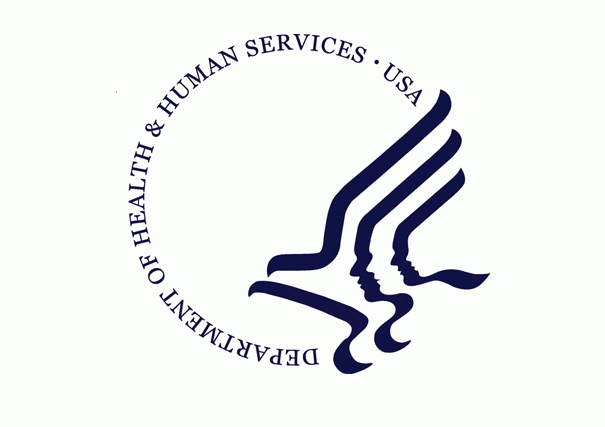Learn what research misconduct is, how allegations are handled, and find resources to address misconduct.
NIH aims to enable scientific discovery while assuring honesty, transparency, integrity, fair merit-based competition, and protection of intellectual capital and proprietary information. As the largest public funder of biomedical research, NIH sets the standard for innovation and scientific discovery. We promote the highest levels of scientific integrity and public accountability in the conduct of science.
The scientific research enterprise is built on a deep foundation of trust and shared values. As the National Academies wrote in their 2019 On Being a Scientist report, "this trust will endure only if the scientific community devotes itself to exemplifying and transmitting the values associated with ethical scientific conduct" Falsifying, fabricating, or plagiarizing data—all forms of research misconduct—are contrary to these values and ethical conduct.
What is Research Integrity?
Failing to uphold research integrity undermines the public’s confidence and trust in the outcomes of NIH supported research. Research integrity includes:
- the use of honest and verifiable methods in proposing, performing, and evaluating research
- reporting research results with particular attention to adherence to rules, regulations, and guidelines
- following commonly accepted professional codes or norms
Shared values in scientific research
- Honesty: convey information truthfully and honoring commitments
- Accuracy: report findings precisely and take care to avoid errors
- Efficiency: use resources wisely and avoid waste
- Objectivity: let the facts speak for themselves and avoid bias
How does research integrity affect you?
- Researchers rely on trustworthy results of other researchers to make scientific progress.
- Researchers rely on public support, whether through public investments or their voluntary participation in research, to further science.
- The public relies on scientific progress to better the lives of everyone.
- The public could actually be harmed by researchers who are dishonest and act without regards to integrity

About Research Misconduct

Reporting a Concern

Process for Handling Allegations of Research Misconduct

NIH Expectations, Policies, and Requirements

NIH Actions and Oversight after a Finding of Research Misconduct

Notices, Statements and Reports

Responsible Conduct of Research (RCR)

FAQs





